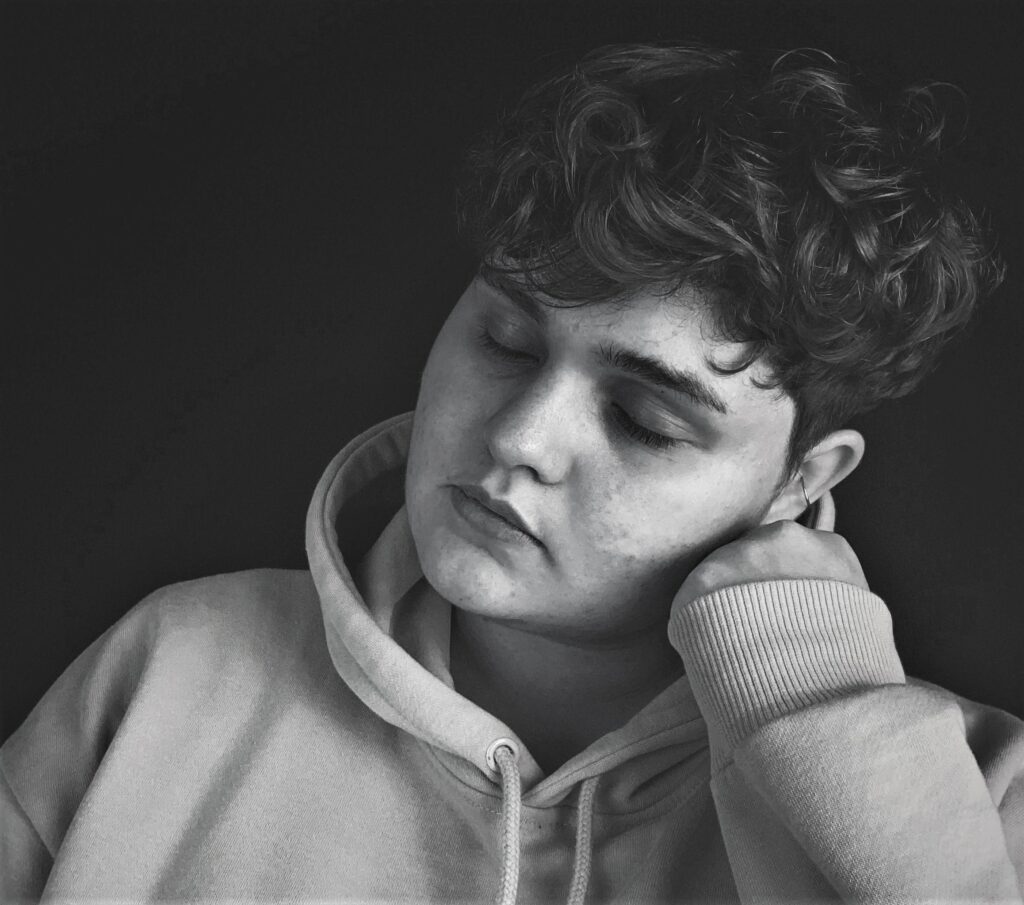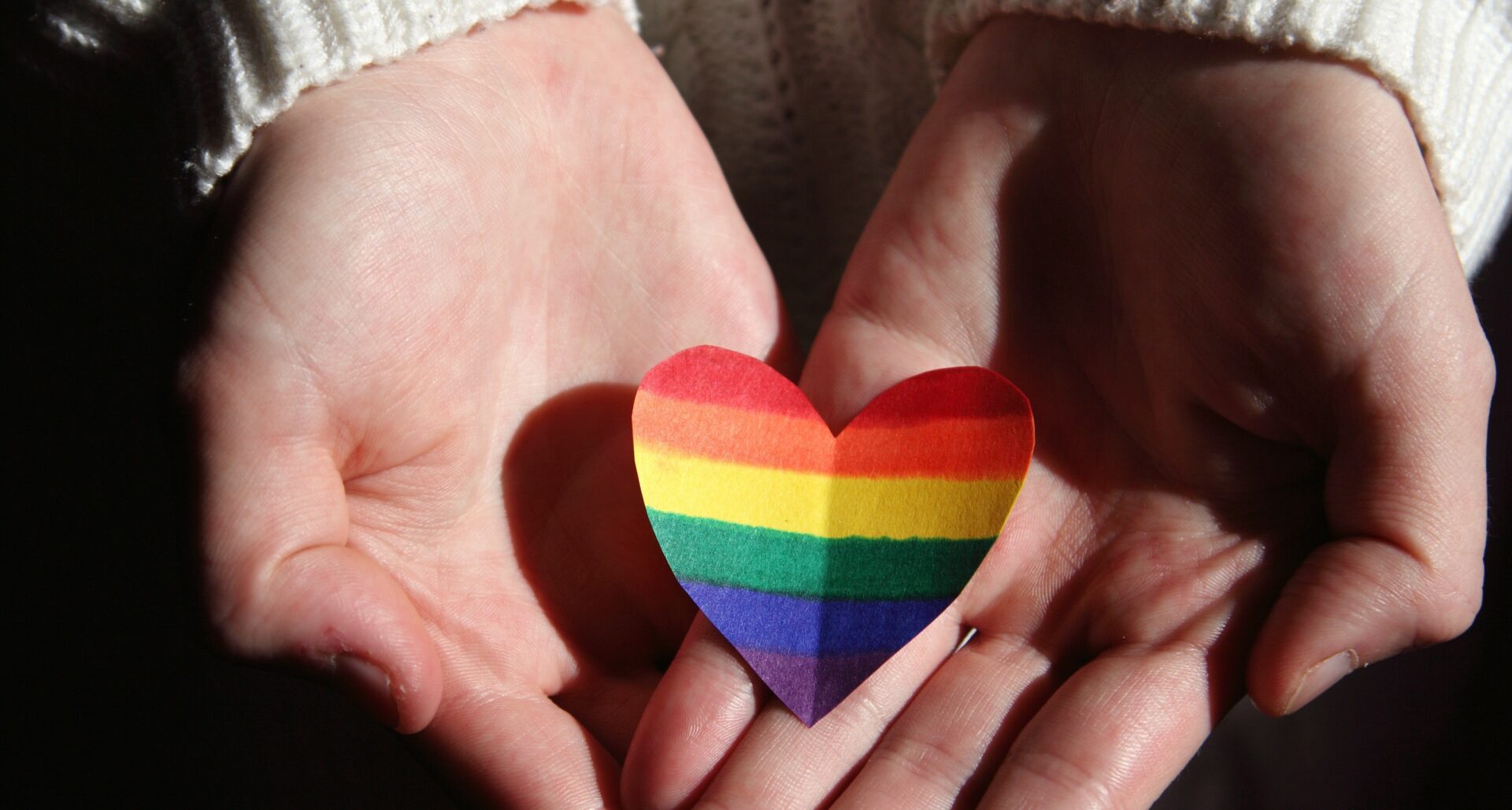Q: What is it like for a member of the LGBTQIA+ community to have someone significant in their life die, and they have not come out to them?
A: Our sexuality and gender identity play significant roles in every aspect of our lives. When someone belongs to the LGBTQIA+ community, these layers of identity become an even more integral part of who they are and how they experience the world. It can also impact their experience of grief and loss in unique ways.
The relationship between the surviving person and the person who has died is just one area where the intersection between grief and queer identity shows up. Relationships are not simple; when we add in a layer of queer identity, relationships can get even more complex. This is especially true when an important person in their life dies, and the grieving person did not come out to them.
Queer survivors are often left to grieve twice.
Not only do they have to grieve the death of an important person, but they are left to grieve the reality that their person will have died without ever truly knowing them. This adds a whole other layer of mixed up, complicated, messy feelings to sort through.

There can be extra layers of grief for those who didn’t get to come out.
The experience of double grieving
In the best cases, those grieving miss out on the experience of sharing an important part of who they are with someone who loved them, and they lose the chance to feel that person’s pride and support. In more painful relationships, they are left knowing that their person would have struggled to accept or understand them, or maybe would have even rejected them entirely.
Many grieving people are left to question, “How would he have reacted? Would she still have loved me the same? Would they have accepted me? Would they be proud? Would they hate me?” Having to wonder about these kinds of things is already so painful. But losing the chance, and the choice, to ever learn the answers is a grief all of its own.
So what can we do when we’re left without closure this way, and how can we support someone we love who might be struggling with this experience?
Three ways to support the grieving person
1. Talk about it. As a therapist, I’m biased of course, but finding someone (a therapist, support group, friend or family member) that we can talk to about complicated feelings can be so helpful. If someone in your life has had this experience, show them that you’re a safe, loving, and supportive person when it comes to their queerness and their grief. Invite them to talk about it, respect their boundaries, listen without assuming, and validate their experience.
2. Write a letter to the person who died. It can be helpful for the grieving person to share their fears, express their feelings, and even to come out if they want to. Everyone gets to decide for themselves when, how, to whom, and if they want to come out. But if someone expresses that they wish they could’ve had the opportunity, invite them to write their person a letter and tell the person who died whatever it is they didn’t have a chance to say.
3. Join a community that can understand. Grief is not a simple thing and finding a community that “gets it” can be so incredibly helpful. The same is true for those of us who belong to the LGBTQIA+ community. Both of these experiences can be complicated and isolating–even more so when they exist together. Finding a queer grieving community to connect with can be a powerful resource. (Most local or national LGBTQ centers offer grief-specific resources and can help people find needed support.)
No one should have to grieve any part of their story alone. It is important for us to recognize the significance of experiences that are specific to queer grieving people and make space to talk about them.
If you’d like to learn more about the ways that grief and LGBTQIA+ identities intersect, check out our blog post: “How to support LGBTQIA+ kids who are grieving.” If you’d like to learn more about becoming an ally or how you can support LGBTQIA+ youth and community, check out the Human Rights Campaign’s guide to Being an LGBTQ Ally.
 Allison Crooks is a licensed marriage and family therapist and the clinical director for Experience Camps’ California Girls program. She has been a part of the clinical team there for the past four years and has loved every minute of it. Allison has a private therapy practice in Santa Monica, California and works primarily with middle- and high-school students. Visit www.AllisonCrooks.com to learn more about her work.
Allison Crooks is a licensed marriage and family therapist and the clinical director for Experience Camps’ California Girls program. She has been a part of the clinical team there for the past four years and has loved every minute of it. Allison has a private therapy practice in Santa Monica, California and works primarily with middle- and high-school students. Visit www.AllisonCrooks.com to learn more about her work.
